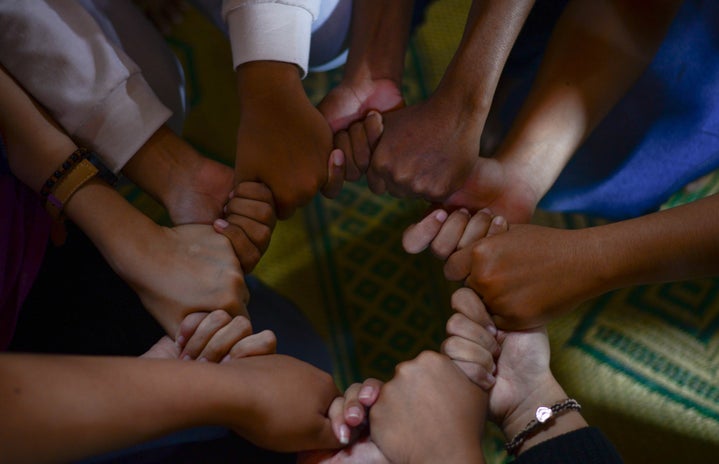Award season has arrived once again, and we all know what that brings: stunning red carpet looks, heartwarming acceptance speeches, and usually some backlash. Last year, the Golden Globes were not televised in response to a Hollywood-wide boycott of the awards by many celebrities and companies. A few stars, such as Tom Cruise, even returned their Golden Globes to the Hollywood Foreign Press Association! This retaliation was largely due to the major lack of diversity seen in both attendees and nominees in previous years. Viewers noted the many white men and women present at the awards while the lack of representation for people of color was more noticeable than ever. In doing so, not do the Golden Globes and other award shows of similar standing overlook some of the best talent in the business we call show, but it can be discouraging to anyone who dreams of seeing someone who looks like them win a prestigious award.
This year the awards were once again televised and hosted by African American comedian and actor, Jerrod Carmichael. It gave light to some important POC influences who made an impact in Hollywood this past year. Some of these winners include Quinta Brunson, creator and star of Abbott Elementary, Angela Bassett for her role in Black Panther, Michelle Yeoh of Everything Everywhere All At Once, and Guillermo del Toro, director of Guillermo del Toro’s Pinocchio. Even with all of this great representation, we still can’t help but ask ourselves if this is truly a step towards equality in the media, or if it was just a temporary solution to the problem at hand.
Of course television is not the only place where our generation has been striving for change. With apps like Tik Tok and Instagram dominating the media, representation is more important than ever before. These apps are home to “creators” which people often look up to as much as previous generations have looked up to actors and rockstars. Many go on to be just that, becoming a large part of the future of the entertainment industry. They are taking over the way that Hollywood and celebrities are viewed. Anyone can go viral and create a following overnight. However, even with a good deal of creators being from all over the world and of different backgrounds, a majority of the influencers being recognized and rewarded with movie contracts, record deals and sponsored ads are not part of communities of color. This lack of variation once again harms the younger generations who have been acclimated to nothing but television and social media since they could speak.
Diversity and inclusivity, especially in the ever-present media that surrounds our day-to-day lives, should not be something to be debated over. It is a necessity. Small gestures such as changing an invite list to a reputable award show or giving the spotlight to a person of color on social media are steps in the right direction, but our society as a whole has miles to run before everyone will truly be able to see themselves represented in every aspect of our lives.


